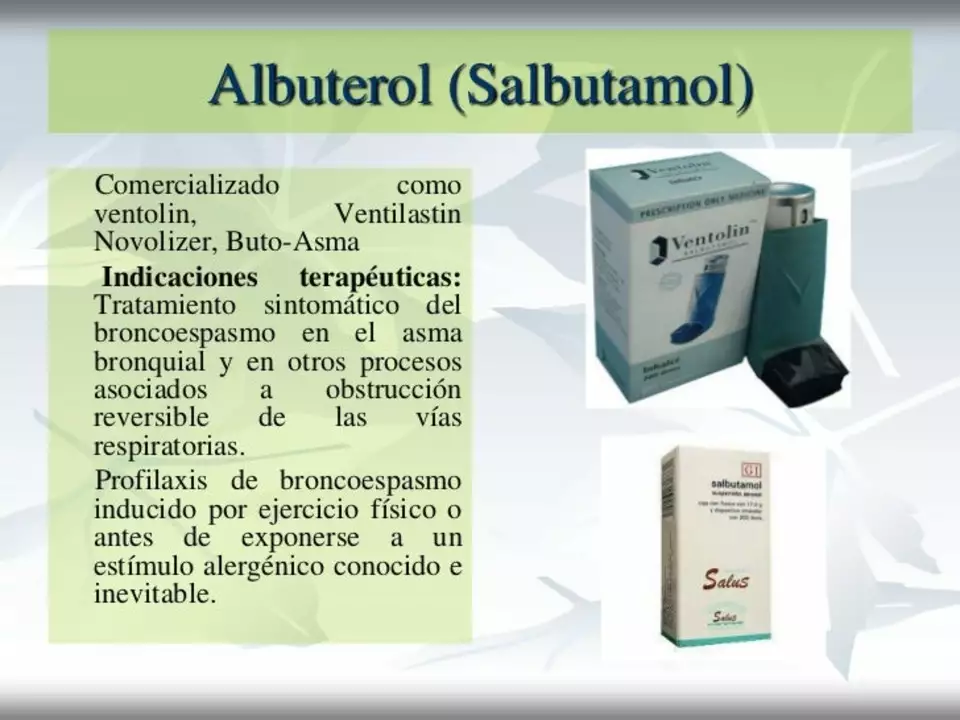Medication Risks: What to Watch for When Buying Low-Cost Drugs
Fake or low-quality meds don't just fail to help — they can make you sicker. When you’re hunting for affordable prescriptions, a few smart moves cut your risk a lot. This guide gives clear, practical tips so you can spot danger and get the treatment you need without gambling with your health.
How to spot risky meds and sellers
Start with the basics: if a site sells prescription-only drugs without asking for a prescription, that’s a major red flag. Look for a visible phone number, working address, and pharmacy license. Reputable online pharmacies usually show contact info and require a prescription for antibiotics, controlled meds, and many brand drugs.
Watch the price: extremely low prices can mean counterfeit or expired products. Packaging mistakes, misspelled labels, or pills that look different from the brand image are warning signs. If the seller offers fast delivery worldwide for opioids or hormones with no questions, step away.
Practical safety checklist you can use today
1) Verify licensing: ask for the pharmacy’s license number and look it up if possible. 2) Read the label: check active ingredient, strength, and expiry. 3) Get a prescription: buy only when a licensed clinician wrote it. 4) Check reviews: real users mention shipping times, packaging, and whether the drugs worked. 5) Ask your pharmacist: show them the bottle or photos and ask if it looks right.
Think about drug interactions and side effects. Your regular meds can interact with common prescriptions: for example, some antibiotics affect birth control, and certain heart medicines react badly with herbal supplements. If a product promises miracle results or lists no side effects, be suspicious.
Specific meds deserve extra caution. Antibiotics like cefixime must be the right dose to avoid treatment failure and resistance. Hormone drugs such as Premarin carry risks like blood clots and need a clear medical reason and monitoring. Products for sexual performance or weight loss often come from unreliable sources and may contain undeclared ingredients.
Storage and handling matter. Heat and moisture can ruin tablets. When a package arrives, check seals, expiration date, and batch numbers. If anything looks off, don’t take the medicine — return it and report the seller.
If you experience unexpected symptoms after taking a medication, contact your healthcare provider right away and keep the medicine packaging. Report adverse reactions to local health authorities or the pharmacy’s regulator so others are warned.
Buying cheaper medicine can be safe if you stay alert. Verify the seller, demand a prescription, check labels, and ask a pharmacist when unsure. A few minutes of checking can prevent serious harm and save you from costly mistakes.
Albuterol and Pregnancy: Safety, Risks, and Recommendations
- Robin Tudge
- April 27, 2023
- 17 Comments
As a pregnant woman, I know it's crucial to be cautious about the medications I take. Albuterol, a common asthma medication, has been a topic of concern for many expecting mothers. From what I've learned, it appears to be relatively safe during pregnancy, but there might still be some risks involved. It's essential to consult with a healthcare professional before using albuterol to weigh the benefits and potential risks. Ultimately, the safety of both the mother and the baby should be the top priority when making any decision about medications during pregnancy.
read more
